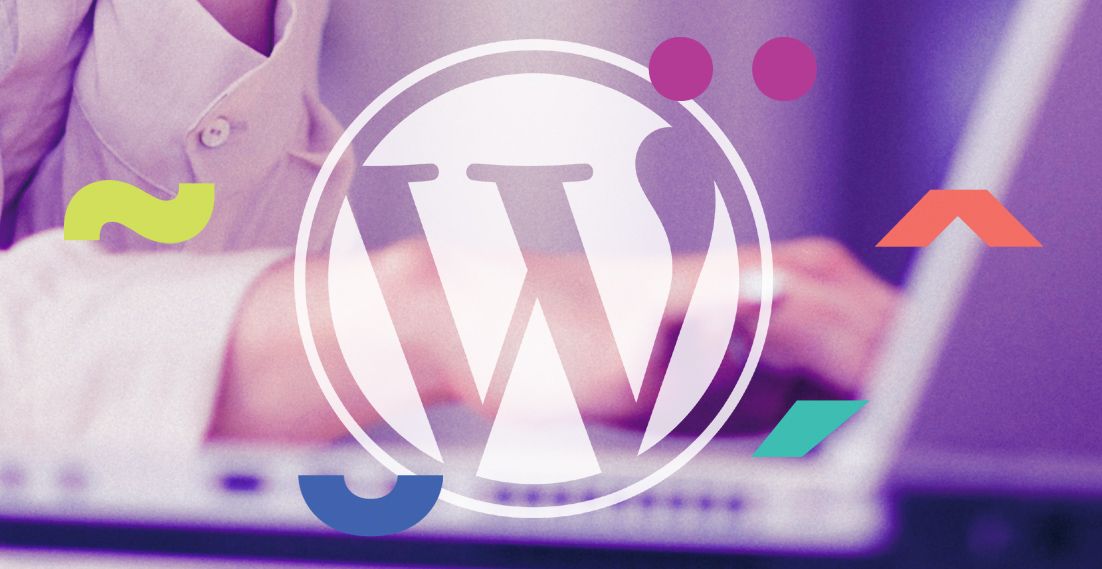5 Reasons Why Your Business Needs a Multilingual Website

So you’ve created a website for your business. That’s great. Whether you’re a small or large business having a presence online can help you grow your brand and generate more revenues. Most businesses start with an English website. After all, English was the founding language of the internet and has dominated the web both in users and content for years.
As a business, however, having an English website only is not enough. You should consider offering your site in multiple languages and in this article, I’ll tell you 5 reasons why.
1. To effectively reach potential customers
Today you can sell your products and services in China, Africa, the United Kingdom, France or anywhere in the world. For an ambitious business owner that is a very large market but you have to know how to tap into that market.
People around the globe use different languages to communicate and browse the internet. So it would be absurd for you to imagine that you can reach new customers by simply using your local language i.e. English. A multilingual website will help you attract and keep potential customers on your website. A lot of internet users in most cases immediately leave a site if it is not in their native language because they can’t get all the information they need to make a purchase. Don’t lose out on sales simply because your website is not translated in local languages. Work with a professional language translation agency to create a multilingual site.
2. To improve your search engine ranking
Something I read recently stated “More than 30% of the visitors on an average website come from search engines. Almost all the searches are done in the native language of the person browsing. If your website has no content in their language they’ll never see your site in their results.” If you don’t have a multilingual website that statement should push you to do so immediately. That’s if you don’t want to continue losing millions of potential leads.
And don’t only focus on creating content that will rank you well on Google or Bing alone. These search engines are not widely used in some parts of the world. In China, for example, a multilingual website can help you rank well on Baidu, a popular search engine, and be able to penetrate that market. Remember visitors that come to your site after finding you on their search page are usually looking for something they are prepared to pay for. If your products meet their needs you should be able to convert and make a sale.
3. To show you are customer-centric
When you offer your website in a customer’s local language you demonstrate that you’re thinking of them. You want them to easily understand what you’re selling to them and should they choose to buy from you they can do so in a language they are well conversant with.
A business that is customer-centric almost always has more customers because people want to associate with companies they feel care about them. With more people coming to your website you should have higher conversions which means more in the bank for you.
4. To build trust
According to Robert Solomon, “Trust opens up new and unimagined possibilities.” As a business, one of the key things that you have to do is build trust with your customers. When customers trust you they are more inclined to do business with you. It has been found that customers feel safer when they shop from a brand that talks to them in their native language. In Pakistan, for example, you’re unlikely to make inroads there unless you have a website which is multilingual. If you don’t have one, local consumers may not respect or trust you.
5. To outshine your competitors
The internet is a jungle and if you don’t find ways to be competitive you’ll be eaten alive. So to have a competitive advantage make your business the industry trailblazer by having a website that is multilingual. Currently, mostly multinationals offer their website in multiple languages because they have the budget to hire the best translation services.
However, creating a multilingual website is not only for big companies. You can get your website to be available in different languages and you will be surprised to know it is not as costly as you think. To translate your website from English to other languages you can use:
- Google Translate. This is just one of the tools available online that you can use to translate your website. It is a free tool that can immediately translate words, phrase and your web pages into over 100 other languages. Google translate is good for translation because it is fast and free so you don’t have to worry about a budget for translating your website if you’re a small business.
- Website translation services. At Lingy we offer translation services at affordable rates to all companies regardless of their size. Our human-powered translation services ensure your translated web content is error proof, this is one of the major reasons why you should use human translators. Machine translation can be quick and cost you nothing but there is a risk of your content being full of errors. Errors in your content can be very costly as some typos can be offensive to potential customers and they can forever disengage with your brand. Professional translators can work with you to have all your website pages translated into as many languages as you would like or have your main website in one language and the landing pages in other languages.
Conclusion
A multilingual website will go a long way in getting you a foothold in the international market. Research shows by simply adding Spanish, German, French and Italian languages to your website sales could go up by 400%. That means for every language added sales could increase by 100% which is just awesome news.
While such multilingual websites are yet to become a must do for every business, their popularity is growing and soon it will be a requirement for a solid online presence. The question is: Are you going to invest in one now or be forced to do so later? The choice is yours.
Read also:
4 Reasons why you should set up a Multilingual LinkedIn Profile
Translation of your website? We will take care of it!
5 Of The Best Translation Apps For Business Travelers
Nǐ hǎo, Kon’nichiwa, Hola, Salut, Jambo, Namaste, Cześć! You may not understand what you just read but that is how the Chinese, Japanese, Spanish, French, Swahili, Indians and Polish say hello. As a frequent business traveler, you’re likely to have experienced numerous situations where couldn’t understand something as simple as a greeting from a local […]
Into How Many Languages Should You Translate Your Small Business Website?
You’re probably reading this post because you have decided to offer your website in several languages. It is commendable that you have realised with a website only in one language, you’re missing out on tons of web traffic, due to the fact that your content is not translated. Research has shown that by adding one […]
8 Reasons to Use the WPML Plugin To Build a Multilingual Website
In a previous post, I showed you the best WordPress translation plugins you can use to create a multilingual website. I would like to continue with that discussion and talk a little bit more about one of the plugins I told you about, which is WPML.
What is Translation Memory and How Does It Benefit Your Business?
According to Wikipedia Translation Memory (TM) is “a database that stores segments, which can be sentences, paragraphs or sentence-like units (headings, titles or elements in a list) that have previously been translated, in order to aid human translators.” For example, when a translator uses TM, a sentence in English once translated to French is saved […]



